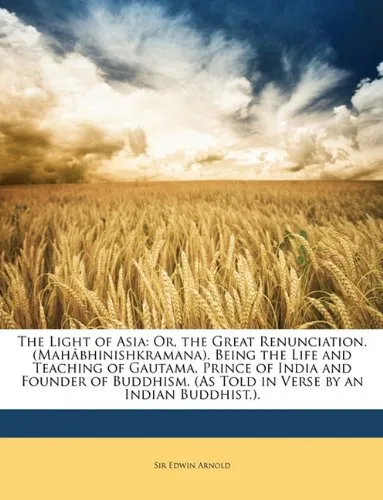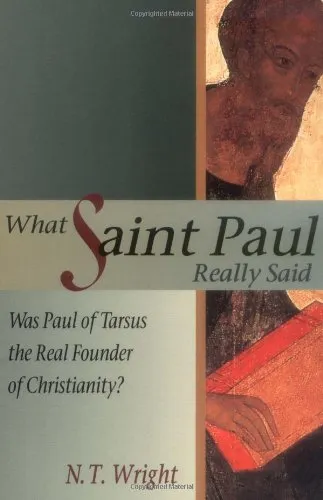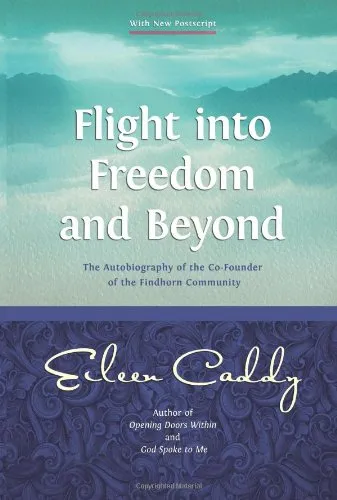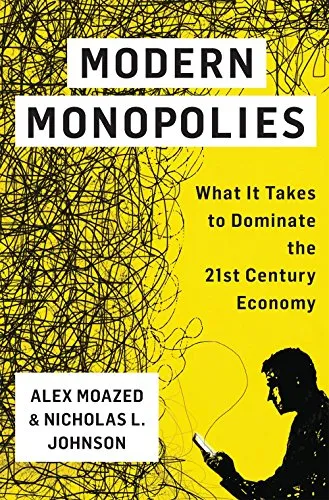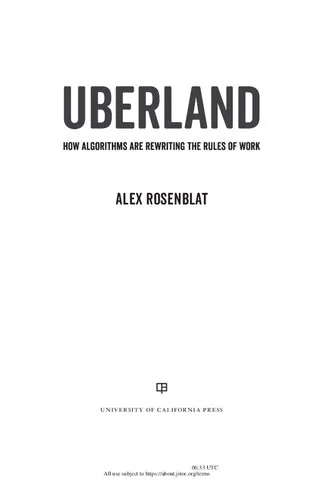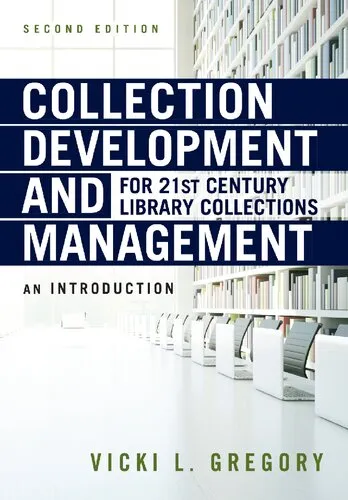The Light of Asia: Or, the Great Renunciation. (Mahâbhinishkramana). Being the Life and Teaching of Gautama, Prince of India and Founder of Buddhism. (As Told in Verse by an Indian Buddhist.).
4.3
Reviews from our users

You Can Ask your questions from this book's AI after Login
Each download or ask from book AI costs 2 points. To earn more free points, please visit the Points Guide Page and complete some valuable actions.Related Refrences:
Introduction to "The Light of Asia"
"The Light of Asia: Or, the Great Renunciation (Mahâbhinishkramana)" is a seminal work in English literature that captures the life and teachings of Siddhartha Gautama, later known as the Buddha. Authored by Edwin Arnold, the book was first published in 1879 and offered Western audiences a profound glimpse into Buddhist philosophy and the remarkable journey of its founder.
Detailed Summary of the Book
The narrative of "The Light of Asia" unfolds the life of Prince Siddhartha, who renounced the luxuries of his royal existence to seek spiritual enlightenment. Through the use of evocative verse, Arnold presents the transformative journey of Siddhartha from a sheltered prince to a wandering ascetic, ultimately achieving Nirvana and sharing his insights with the world as the Buddha.
The story is divided into books, each detailing significant phases in Siddhartha's life, from his protected upbringing and the awakening to the realities of suffering, to his internal struggles and final path to enlightenment. The work immerses readers in the spiritual landscape of ancient India, drawing on rich historical and cultural references that underscore the universality of the Buddha's teachings.
As an Indian Buddhist might recount the narrative, Arnold's portrayal is sympathetic, deeply reflective, and aimed at bridging cultural gaps by emphasizing the Buddha's messages of compassion, renunciation, and self-discovery.
Key Takeaways
- Compassion and Understanding: The book explores the need for empathy towards all living beings, laying a foundation for a more compassionate society.
- Renunciation for Higher Truths: Siddhartha's journey is a testament to the importance of letting go of material possessions and desires to uncover deeper truths and everlasting peace.
- The Middle Way: As taught by the Buddha, balance in life is essential; neither extreme asceticism nor indulgence leads to enlightenment.
- Impermanence and Suffering: The work is a profound meditation on the transient nature of life and the pervasive presence of suffering, encouraging readers to find ways to transcend it.
Famous Quotes from the Book
"The dew is on the lotus! — rise, great Sun!
And lift my leaf and mix me with the wave;
Om Mani Padme Hum, the sunrise comes!
The dewdrop slips into the shining sea!"
"Before beginning this, our earthly task,
Zahn sits steadfast to proffer prayer and ask
Favour on him who would the light learn in this age,
But from spirits fallen, well means this passionate rage."
Why This Book Matters
"The Light of Asia" remains a crucial cultural artifact and literary masterpiece for several reasons. It was one of the first works to introduce Western audiences to Eastern spirituality, especially Buddhism, in a comprehensive and empathetic manner. Arnold's poetic interpretation respects the original tenets of Buddhism while making them accessible and relatable to readers unfamiliar with Asian traditions.
This work also holds historical significance as it emerged during a period of British colonial rule in India, offering a counter-narrative to the prevailing Western views of Asian cultures. Furthermore, by presenting Siddhartha's life in an epic form, Arnold helped to elevate the understanding of Buddhism from a regional religious practice to a global philosophical discourse.
Ultimately, "The Light of Asia" serves as both an inspirational text and a bridge between East and West, encouraging readers from all backgrounds to reflect on their lives and pursue wisdom and compassion.
Free Direct Download
You Can Download this book after Login
Accessing books through legal platforms and public libraries not only supports the rights of authors and publishers but also contributes to the sustainability of reading culture. Before downloading, please take a moment to consider these options.
Find this book on other platforms:
WorldCat helps you find books in libraries worldwide.
See ratings, reviews, and discussions on Goodreads.
Find and buy rare or used books on AbeBooks.
1503
بازدید4.3
امتیاز0
نظر98%
رضایتReviews:
4.3
Based on 0 users review
Questions & Answers
Ask questions about this book or help others by answering
No questions yet. Be the first to ask!
